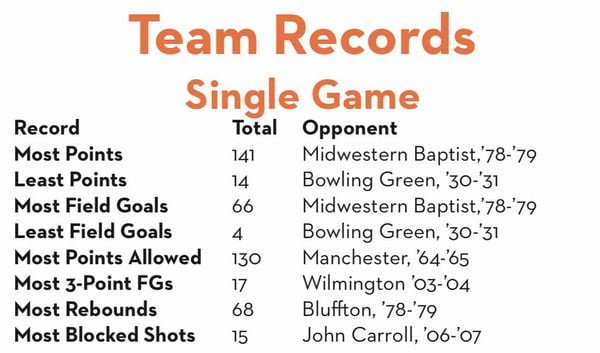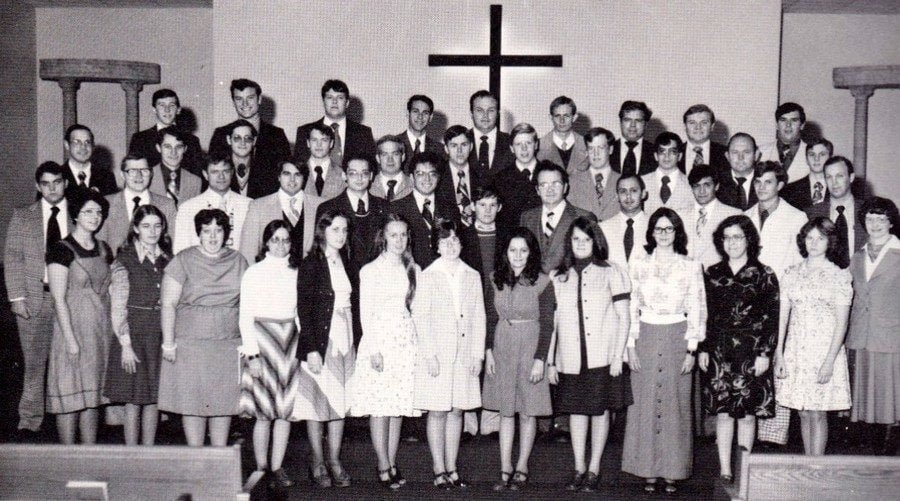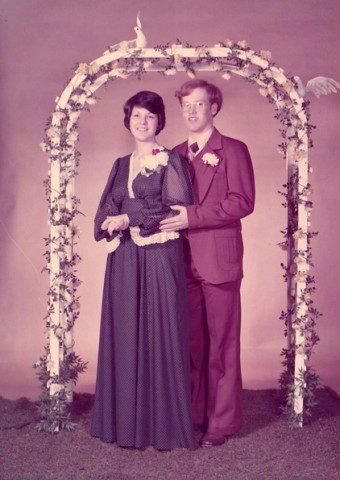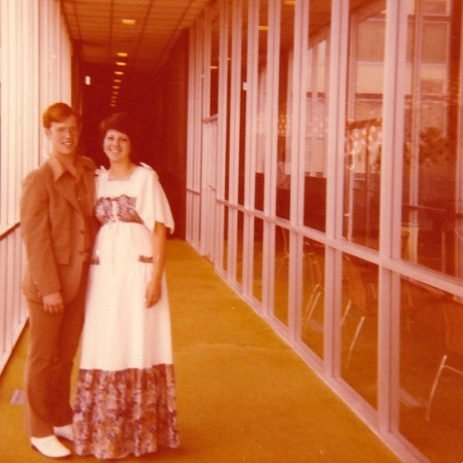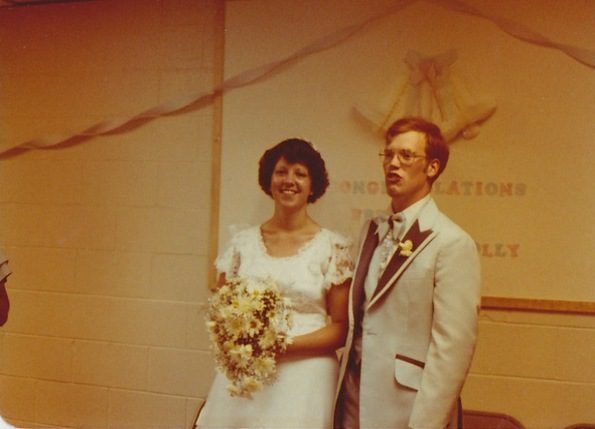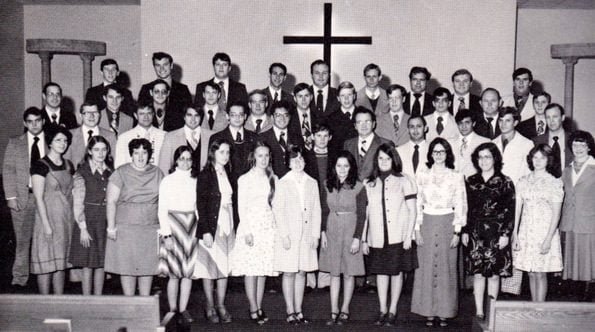
I am often asked, when did you first begin to doubt? This is not an easy question for me to answer. As I look back over my life, there were many instances where I had doubts about certain theological or political beliefs. If there is one constant about life, it is change. Over time, our understanding, beliefs, and ideologies change. Sometimes, the change is so subtle that we are not really aware of it until we look back on our lives years later. Anyone who says that he has never changed his beliefs — and I know several pastors who say this about themselves — is either intellectually lazy, a liar, or living in denial.
Every preacher leaves Bible college with a borrowed theology. His theology is the theology that his parents, church, pastor, and college professors taught him. He believes what he believes because of the influence of others. Only when he is free of these influences does he begin to develop his own theological beliefs.
I have always been an avid student and reader. One of the frustrating things about the health problems I have is that I can no longer read as I used to. For many years, it was not uncommon for me to read 500 or more pages a week of theological and biographical texts. To this day, I rarely read fiction. Over the course of twenty-five years in the ministry, I accumulated a large library of books. These books were my constant companions and friends. When I left the ministry in 2003, I sold off my theological library on eBay.
While I learned many things as a student at Midwestern Baptist College, most of my theological education came from the countless hours I spent reading theological books, the Bible, and studying for my sermons. It was in the study that I began to come to theological conclusions different from what I had been taught by my parents, former churches, former pastors, and college professors. The most dramatic theological changes took place while I was pastor of Somerset Baptist Church in Somerset, (later Mt. Perry) Ohio.
I started the Somerset Baptist Church in July of 1983 and pastored the church for eleven years. At that time, I was a typical Independent Fundamentalist Baptist (IFB) pastor and remained so until the Jack Hyles scandal rocked the IFB world in 1986. As I waded through the Hyles scandal, I began to question the gospel preached by many IFB pastors and churches. Noted preachers such as Jack Hyles, Curtis Hutson, and the preachers associated with the Sword of the Lord, preached a truncated gospel, believing that repentance was a change of mind and not a change of conduct. Simply put, the unconverted sinner was against Jesus and now he was for him. Around this time, John MacArthur came out with his book, The Gospel According to Jesus. MacArthur attacked the easy-believism gospel preached in many Evangelical/Baptist churches. MacArthur stated that repentance was not only a change of mind but also a change of behavior. If there was no turning from sin, then there was no true repentance, and without repentance, there was no salvation.
The Hyles scandal, my careful assessment of the gospel preached by many in the IFB church movement, and MacArthur’s book, led me to conclude that the gospel I had been preaching was a truncated, shallow gospel. I began preaching a gospel that demanded sinners turn from their sins. I believed that if Jesus was not Lord of all your life then he was not Lord at all. I believed that if people said they were Christians, then they should act like it. Unless unregenerate sinners were willing to turn from their sin and fully embrace Jesus, there was no salvation for them.
In the late 1980s, I began to reconsider my eschatological beliefs. I was taught dispensational, pre-tribulational, and premillennial eschatology (end times) in college, and every church I attended growing up preached this end-times scheme. As I restudied the various eschatological positions, my beliefs gradually shifted and matured until I embraced post-tribulationalism and amillennialism. At this point, I was clearly theologically wandering outside the boundary of my IFB heritage. This shift in eschatology resulted in some people leaving the church; however, it also attracted new members who held a similar eschatological views.
It was also in the late 1980s that my theological beliefs dramatically shifted from the one-point Calvinism (eternal security, once saved always saved) of the IFB church movement to five-point Calvinism. My introduction to Calvinism came through the preaching tapes of Rolfe Barnard, a former Southern Baptist and Sword of the Lord evangelist who died in the late 1960s. Barnard’s sermons were powerful declarations of the gospel according to Calvinism. As I listened to these tapes, it was like a light went on in my head. For a time, I was angry because I thought those who had taught me theology had lied to me. Why had no one ever told me about Calvinism? All they told me at Midwestern is that they were against Calvinism and anyone caught promoting it would be expelled.
I began devouring books about Calvinism. I opened a book account at Cumberland Valley Bible Book Service and bought countless Calvinistic, Puritan, Sovereign Grace Baptist books. I read the books of Puritan/Calvinist authors from the 17th,18th, and 19th centuries. I discovered that Baptists, at one time, were quite Calvinistic, and some of my heroes of the faith, including Charles Spurgeon, were five-point Calvinists. I even learned that there were Calvinists, such as the late Bruce Cummons, pastor of the Massillon Baptist Temple, in the IFB church movement.
From the late 1980s until the early 2000s, I was a committed, zealous five-point Calvinist. My preaching style changed from topical/textual sermons to expository sermons. I stopped giving altar calls as I began transforming the Somerset Baptist Church into a Calvinistic church. This move cost me 99% of my IFB pastor friends, a handful of church members, along with almost all of my Arminian friends.
For several years, I published a newsletter called The Sovereign Grace Reporter. I sent the newsletter to hundreds of IFB pastors, and this caused quite a shit-storm. Surprisingly, Polly’s uncle, the late-James Dennis, pastor of the IFB Newark Baptist Temple, was quite supportive. Keith Troyer, then pastor of Fallsburg Baptist Church, was also quite supportive. I would later be accused of leading Keith astray with the pernicious doctrines of John Calvin. (At the time, I considered Keith my best friend.)
Probably by now, some readers are wondering, Why the history lesson, Bruce? I think it is important for me to establish several things:
- I was an avid reader of books
- I was an avid student of whatever subject I am reading about
- I was willing to go wherever the evidence led me
- I was willing to change my beliefs even if it materially cost me or made me unpopular
- Truth mattered more to me than being accepted by my peers, friends, or family
These things are still true today, though I can no longer read like I once did.
In my pastoring days, my colleagues in the ministry, friends, and parishioners loved me for these traits. They applauded my willingness to be true to the Word of God, even if they disagreed with me. Now these same people think I read and study too much. I have been told that the reason I am an atheist is because of books (and there is some truth in this statement)! If I would only stop reading all these books and just read THE BOOK, all would be well, one former parishioner told me.
Just as the leopard can’t change its spots, I can’t stop reading and studying. Sixty years ago, my mother created an intellectual monster when she taught me to read. She wanted her eldest son to be like her, a devourer of literature, a person who valued truth above the approbation of men. I owe her a great debt of gratitude.
Bruce Gerencser, 66, lives in rural Northwest Ohio with his wife of 45 years. He and his wife have six grown children and thirteen grandchildren. Bruce pastored Evangelical churches for twenty-five years in Ohio, Texas, and Michigan. Bruce left the ministry in 2005, and in 2008 he left Christianity. Bruce is now a humanist and an atheist.
Connect with me on social media:
Your comments are welcome and appreciated. All first-time comments are moderated. Please read the commenting rules before commenting.
You can email Bruce via the Contact Form.




